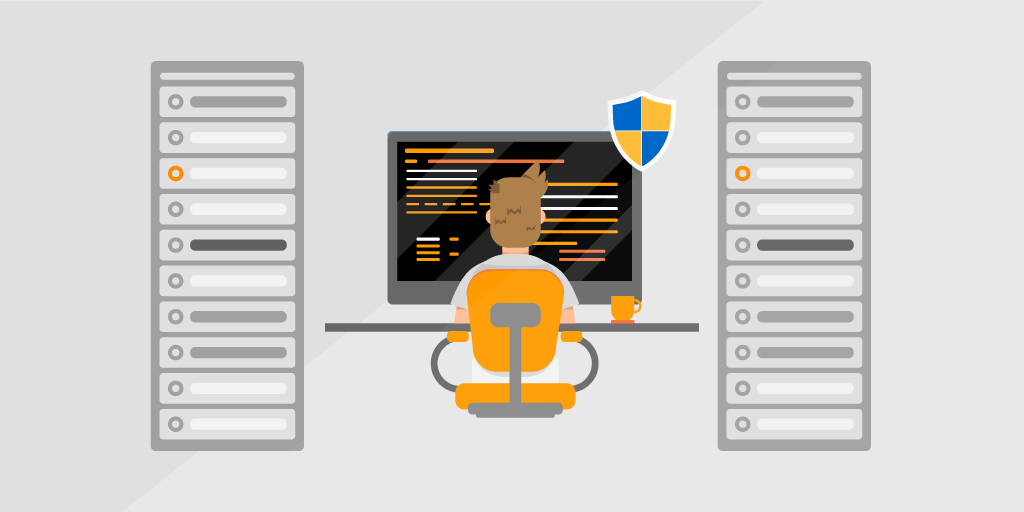
⚡ TL;DR: Go Straight to the Chrome 79 Audit Report.
Google has released Chrome 79 to the Stable desktop channel and it comes with bug fixes, new features, and 51 security fixes.
The release of Chrome 79 fixes 51 security vulnerabilities but also includes new features such as built-in support for the Password Checkup tool, real-time blacklisting of malicious sites via the Safe Browsing API, Predictive Phishing protections, a ban on loading HTTPS “mixed content,” support for tab freezing, and more. As usual, the security fixes alone should be enough incentive for you to upgrade your Google Chrome installations.
Below, we highlight critical & high-severity fixes that were contributed by external researchers in Chrome 79.
- Critical – CVE-2019-13725: Use after free in Bluetooth.
- Critical – CVE-2019-13726: Heap buffer overflow in password manager.
- High – CVE-2019-13727: Insufficient policy enforcement in WebSockets.
- High – CVE-2019-13728: Out of bounds write in V8.
- High – CVE-2019-13729: Use after free in WebSockets.
- High – CVE-2019-13730: Type Confusion in V8.
- High – CVE-2019-13732: Use after free in WebAudio.
- High – CVE-2019-13734: Out of bounds write in SQLite.
- High – CVE-2019-13735: Out of bounds write in V8.
- High – CVE-2019-13764: Type Confusion in V8.
Run the Chrome 79 Audit: Find Outdated Installations
If you currently have Google Chrome deployed on your workstations, it’s pretty critical that you update them at the earliest opportunity to ensure that you don’t fall prey to these vulnerabilities. Our Google Chrome 79 Vulnerability Audit Report can tell you in no time which devices have a vulnerable Chrome version in place and need to be patched.
If you haven’t already, start your free Lansweeper trial and get a list of all vulnerable Chrome versions in no time.


